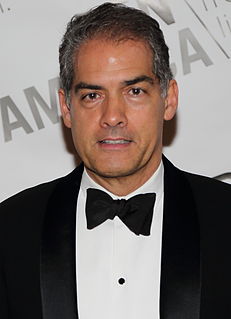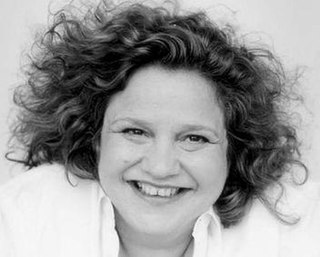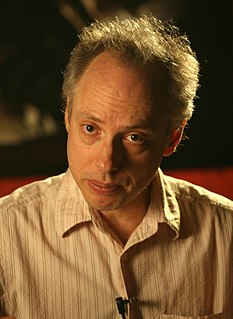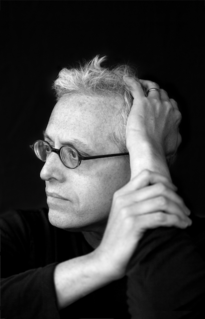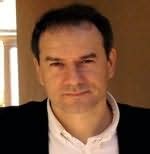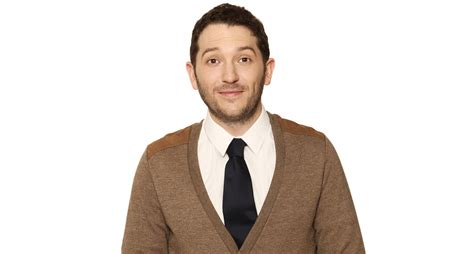A Quote by Philip Kerr
The hardest thing is to write about people. First and foremost, you have to encounter their humanity. That is the only way you can make them live as characters on the page.
Related Quotes
I don't write about love because it makes for easy, passive heroes. I write about how love makes my characters more autonomous, more self-possessed, more opinionated and powerful. I write about characters who pursue relationships that make them the people they want to become. I write about love as a superpower.
You know, my problem with most screenwriting is it is a blueprint. It's like they're afraid to write the damn thing. And I'm a writer. That's what I do. I want it to be written. I want it to work on the page first and foremost. So when I'm writing the script, I'm not thinking about the viewer watching the movie. I'm thinking about the reader reading the script.
I hope that if the people who read my work encounter people in the real world who are like the characters that I write about, that maybe that might make them feel empathy for those people. I know it sounds idealistic in a way, but I do hope that my work maybe changes some minds, and that my work makes readers see people as human that maybe before they read my work they might not have seen as humans, and those people include me and my family and my kids, people in my community.
I very much write from characters. Those people start speaking, and then I have them in the house with me and I live with them. Then at some point, it's time to get them out of the house. You can only live with someone like Dr. Georgeous Teitelbaum from THE SISTERS ROSENSWEIG for so long, and then it's time for her to go. But it is very like having the company of these people and trying to craft them in some way into a story.
Of course I know that the twins are only words on a page, and I'm certainly not the sort of writer who talks to his characters or harbours any illusions about the creative process. But at the same time, I think it's juvenile and arrogant when literary writers compulsively remind their readers that the characters aren't real. People know that already. The challenge is to make an intelligent reader suspend disbelief, to seduce them into the reality of a narrative.
Some people see me as dissecting my characters in some kind of heartless, coldblooded, analytical way, when in truth making these movies is a passionate, intensely emotional experience for me. I'm detached from the characters only to the degree that I have to be in order to write honestly about them.
To me, and I'm sure for other writers, too, characters come back and they relive again, but what about those characters who only live for a page or two? Or for five pages or 10 pages. I like to think they're still out there - still living - but for me they kind of die, too. It's kind of sad. I don't think about them anymore unless I give them life again.
